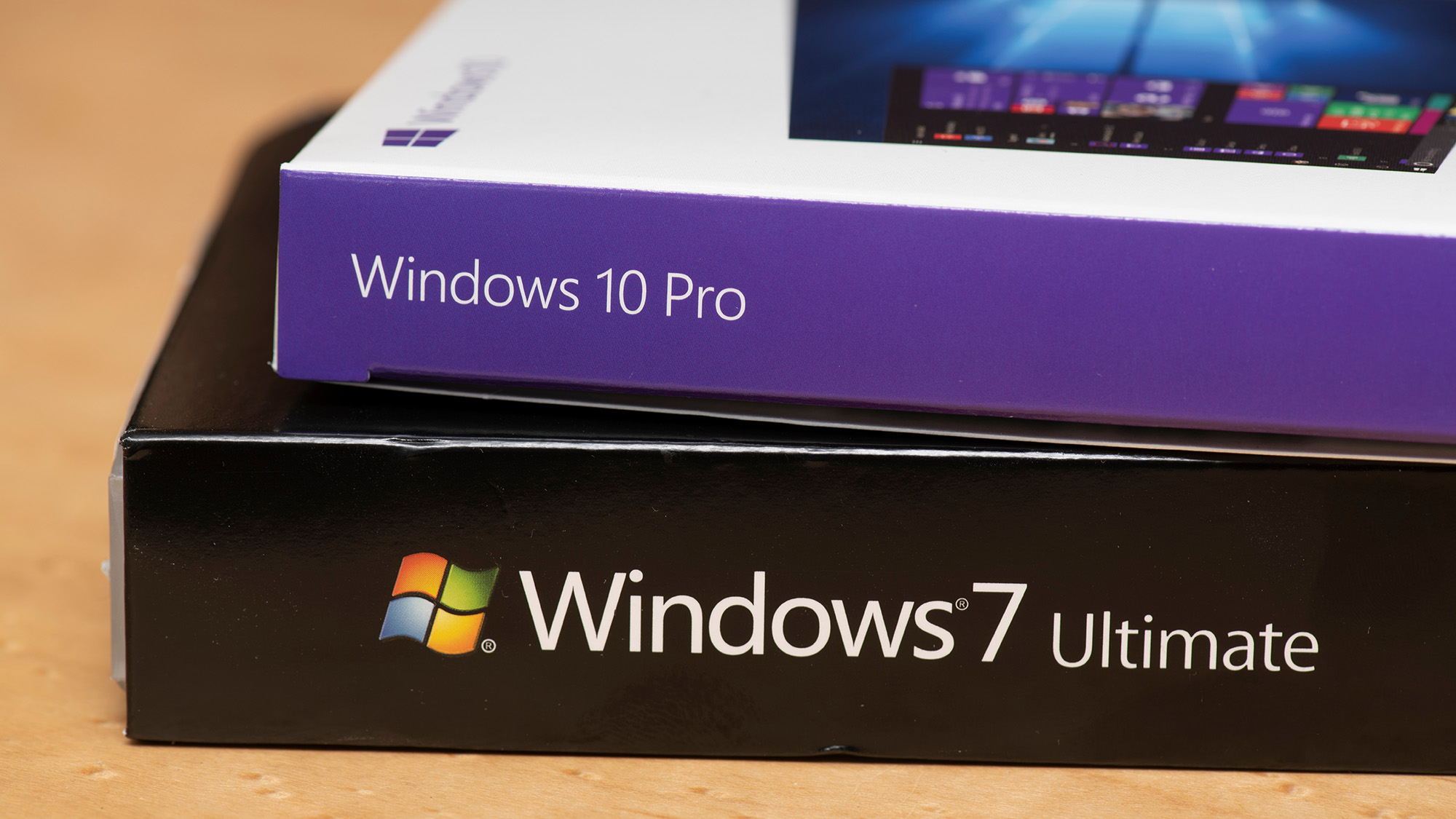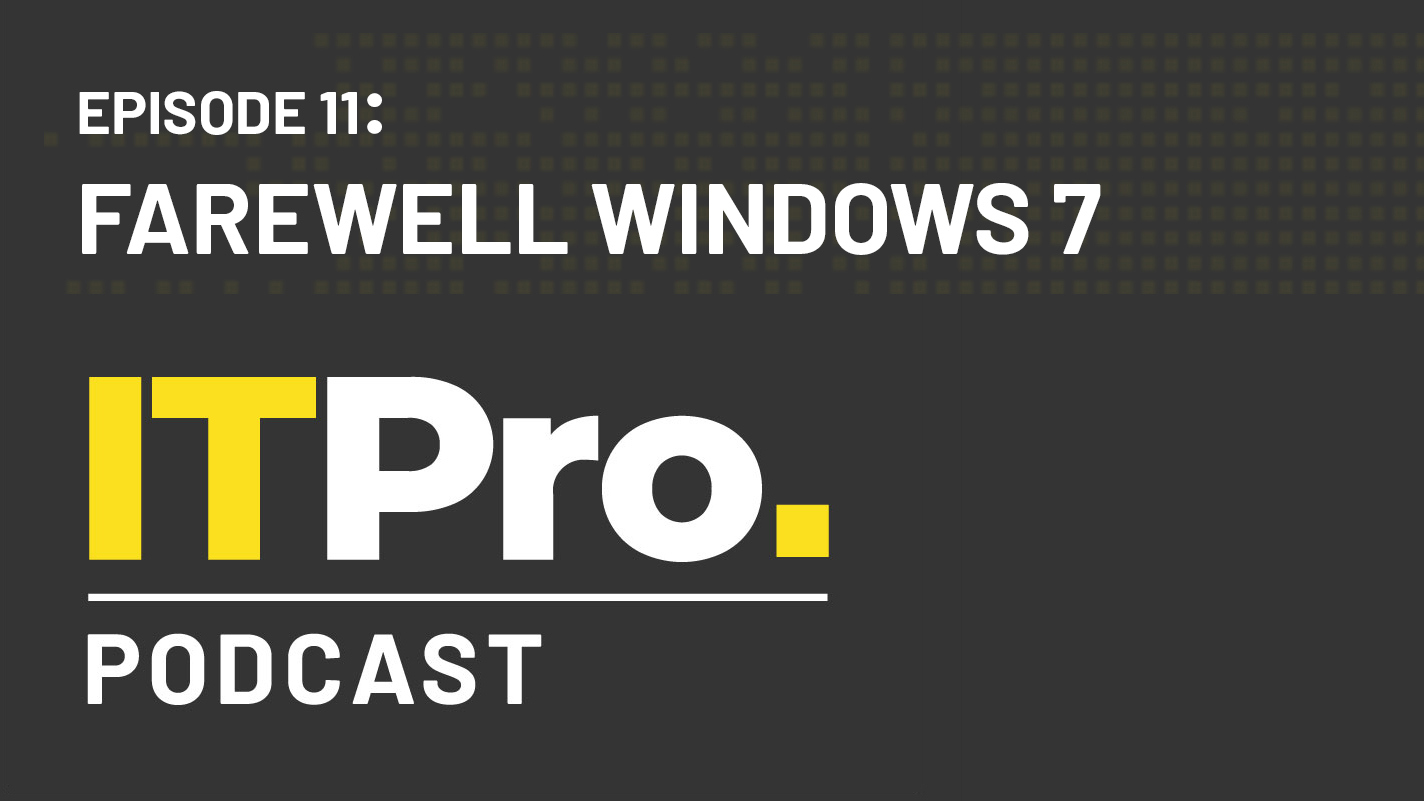University moves to make apps available anywhere
The Bristol-based University of West England is planning to migrate much of its complex application environment to its developing virtual application delivery environment.


Sign up today and you will receive a free copy of our Future Focus 2025 report - the leading guidance on AI, cybersecurity and other IT challenges as per 700+ senior executives
You are now subscribed
Your newsletter sign-up was successful
The University of West England today revealed it is about to migrate some 200 of its 300-strong complex application environment onto its maturing virtual application delivery platform.
The institution already provides its users with varied access to applications and desktops through its long standing distributed computing environment based on Citrix technology.
Alistair Sandford, University of West England project manager, spoke to IT PRO about its evolving use of Citrix technology at the vendor's iForum UK user conference.
"We started our WinFrame project as far back 1999 when we realised we needed to move away from [Microsoft] Windows 3.1 onto a 32-bit platform," he said. "We looked at Citrix for the potential cost and management benefits it could offer."
He said the university had already saved at least 2 million in terms of its total cost of infrastructure ownership since 1999 when comparing the costs of maintaining its old hardware and software environment to the Citrix alternative.
And, as the most cost-effective way of supporting the university's move to 32-bit computing, Sandford also said adopting virtual application delivery capabilities allowed it to offer users a consistent user experience.
"More recently, the organisation is increasingly moving to more delivery of multimedia heavy applications, using Flash for instance, so we've chosen to stay with Citrix and build on the ongoing centralised application management and delivery benefits," he added.
Sign up today and you will receive a free copy of our Future Focus 2025 report - the leading guidance on AI, cybersecurity and other IT challenges as per 700+ senior executives
The university currently runs 1,800 thin client, Windows terminals using the latest version of Citrix XenApp. Its libraries, cafes and bars, and any public facing area, use the terminals "as they are quiet and much less attractive to steal," Sandford explained.
But, of those applications that had hitherto been too resource intensive to run on its terminal infrastructure, it now plans to use the latest XenApp release to move at least 200 into its thin client environment.
With a large number of nursing students, Sandford added that related applications that previously were not deployed on its thin client infrastructure, can now be made available via PCs at hospitals, surgeries and clinics, where students may be placed for work experience.
"We're unable to deliver virtual desktops to students at home because of Microsoft's licensing, but with our staff using enterprise licences, they can also log in at home and get exactly the same desktop they do at work," he said.
A 25-year veteran enterprise technology expert, Miya Knights applies her deep understanding of technology gained through her journalism career to both her role as a consultant and as director at Retail Technology Magazine, which she helped shape over the past 17 years. Miya was educated at Oxford University, earning a master’s degree in English.
Her role as a journalist has seen her write for many of the leading technology publishers in the UK such as ITPro, TechWeekEurope, CIO UK, Computer Weekly, and also a number of national newspapers including The Times, Independent, and Financial Times.
-
 ITPro Best of Show NAB 2026 awards now open for entries
ITPro Best of Show NAB 2026 awards now open for entriesThe awards are a fantastic opportunity for companies to stand out at one of the industry's most attended shows
-
 Mistral CEO Arthur Mensch thinks 50% of SaaS solutions could be supplanted by AI
Mistral CEO Arthur Mensch thinks 50% of SaaS solutions could be supplanted by AINews Mensch’s comments come amidst rising concerns about the impact of AI on traditional software
-
 Microsoft angers admins as April Patch Tuesday delivers password feature without migration guidance
Microsoft angers admins as April Patch Tuesday delivers password feature without migration guidanceNews Security fixes include a zero day exploited by a ransomware group and seven critical flaws
-
 Managing a late migration
Managing a late migrationOpinion When it comes to moving from Windows 7 to Windows 10, it's better late than never
-
 How to set up a Windows 7 emulator for Windows 10
How to set up a Windows 7 emulator for Windows 10Tutorials A complete guide for setting up a Windows 7 emulator for Windows 10 so you don’t lose access to your apps
-
 The autopsy of Windows 7
The autopsy of Windows 7In-depth Report of a postmortem examination
-
 The IT Pro Podcast: Farewell Windows 7
The IT Pro Podcast: Farewell Windows 7IT Pro Podcast We reflect on the legacy of one of Microsoft's most enduringly popular operating systems
-
 Windows 7 ends: what do you do next?
Windows 7 ends: what do you do next?In-depth From SMBs to big business and individuals, after 10 years it's time to move on from Windows 7
-
 Windows 7 end of life: What to do if you haven't upgraded yet
Windows 7 end of life: What to do if you haven't upgraded yetIn-depth Microsoft has now officially moved Windows 7 to end of life, meaning it's no longer a viable business platform
-
 Windows 10 vs Windows 8.1 vs Windows 7 - Microsoft OS head-to-head
Windows 10 vs Windows 8.1 vs Windows 7 - Microsoft OS head-to-headVs We pit Microsoft's most popular operating systems against each other to see which is the greatest of all time
